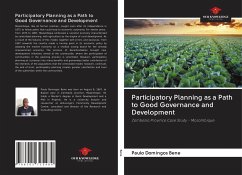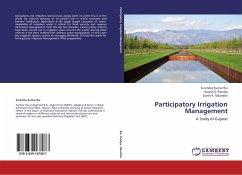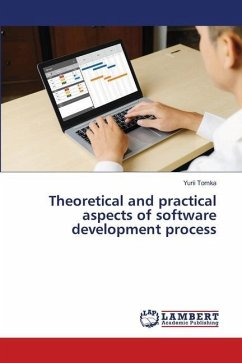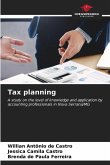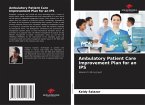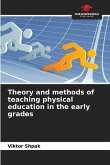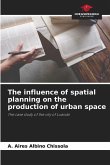Mozambique, like all former colonies, sought soon after its independence in 1975 to follow paths that could lead to economic autonomy. For twelve years, from 1975 to 1987, Mozambique embraced a socialist economy characterized by centralized planning, with agriculture as the engine of rural development. As a result of the failures of this model, together with errors and excesses, from 1987 onwards the country made a turning point in its economic policy by adopting the market economy as a shallow saving board for the already impoverished economy. The process of decentralization brought new development initiatives aimed at the countryside, where the participation of communities in the planning process is prioritized. However, participatory planning as a process has many benefits and guarantees better satisfaction of the interests of the populations that the centralized model, however, continues the lack of trust, participatory planning creates greater satisfaction and trust of the authorities within the communities.

